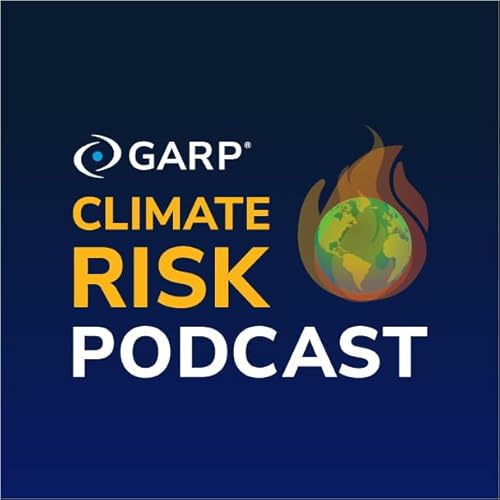-
GARP Climate Risk Podcast
- Written by: GARP
- Podcast
Failed to add items
Sorry, we are unable to add the item because your shopping basket is already at capacity.
Add to cart failed.
Please try again later
Add to wishlist failed.
Please try again later
Remove from wishlist failed.
Please try again later
Follow podcast failed
Unfollow podcast failed
-
Summary
Episodes
-
 34 mins
34 minsFailed to add items
Sorry, we are unable to add the item because your shopping basket is already at capacity.Add to cart failed.
Please try again laterAdd to wishlist failed.
Please try again laterRemove from wishlist failed.
Please try again laterFollow podcast failed
Unfollow podcast failed
-
 36 mins
36 minsFailed to add items
Sorry, we are unable to add the item because your shopping basket is already at capacity.Add to cart failed.
Please try again laterAdd to wishlist failed.
Please try again laterRemove from wishlist failed.
Please try again laterFollow podcast failed
Unfollow podcast failed
-
 35 mins
35 minsFailed to add items
Sorry, we are unable to add the item because your shopping basket is already at capacity.Add to cart failed.
Please try again laterAdd to wishlist failed.
Please try again laterRemove from wishlist failed.
Please try again laterFollow podcast failed
Unfollow podcast failed


